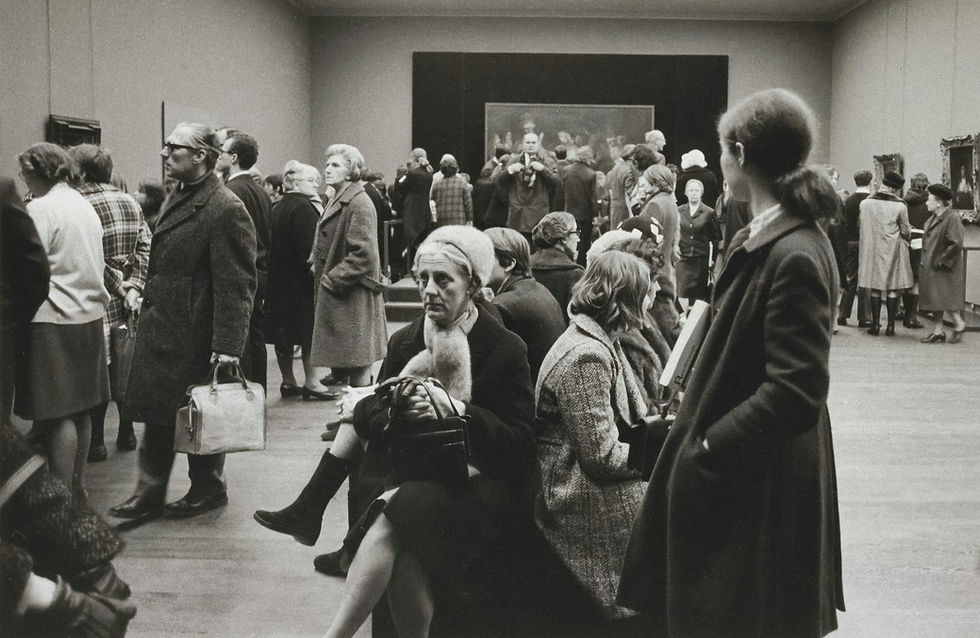When Loneliness Becomes Life or Death
- Suzzanne Suleiman | MS, LLP
- Sep 17, 2025
- 3 min read
If you were to sit in my office for a day, you might be surprised at how often loneliness walks in disguised.
Sometimes it’s bold—someone says, “This one hour with you is the only conversation I have all week.”
Sometimes it’s quiet—hidden in a client’s hesitation to join a group after moving to a new city, or in the ache of an empty nest, or in the way a woman going through a divorce wonders where all “her people” went.
I’ve come to know loneliness not as a weakness, but as a signal—just like hunger or thirst—that something vital is missing. And when that need goes unanswered for too long, the consequences can be devastating.
The Research Agrees: Loneliness Is Deadly
What I see in session is echoed in global research:
One of the strongest predictors of suicidal thoughts and attempts — Loneliness consistently shows up as one of the top risk factors in suicide research, across genders and age groups.
As dangerous as smoking 15 cigarettes a day — The U.S. Surgeon General warns that chronic loneliness raises the risk of premature death more than obesity or physical inactivity.
A problem almost half of us carry — Nearly 50% of U.S. adults report feeling lonely, and 1 in 4 say they have no one they can truly count on for support.
Why Women Feel It in Particular Ways
When life shifts—children grow up, a relationship ends, a career changes—it can feel like the ground gives way beneath our feet.
Many women’s social worlds are built around caregiving roles—mother, daughter, partner, friend. When those roles change, the scaffolding holding our connections can vanish almost overnight.
Then there’s the pressure to keep looking “put together” while silently managing the ache. Vulnerability is still too often misunderstood as weakness, and so we smile, say “I’m fine,” and keep our loneliness tucked away where no one can see it.

What the Surgeon General Says Works
The U.S. Surgeon General’s 2023 Advisory on the loneliness epidemic offers solutions that are both evidence-based and deeply human:
1. Simple, Human Actions
Answer the call from a friend.
Make time to share a meal.
Listen without your phone nearby.
Perform an act of service.
Express yourself authentically.
2. Strengthen Social Infrastructure
Create and protect gathering spaces—parks, libraries, community centers.
Support policies that make time for connection possible, like paid family leave.
Equip healthcare providers to screen for loneliness and treat it as a real health risk.
3. Build a Culture of Connection
Normalize talking about loneliness.
Design workplaces, schools, and communities that make genuine relationships possible.
Protect spaces where vulnerability is welcomed and safe.
Where My Work Fits In
I’m a therapist, but more than that, I’m a witness—to the ache, the longing, and the small steps back toward connection.
Sometimes my role is to be the one safe conversation in a client’s week. Sometimes it’s helping someone take that first step back into the world: sitting in a coffee shop just to feel the hum of life again, or letting a trusted friend see the unpolished, messy version of themselves.
I believe these small acts, done often, are world-changing. The science says they matter. My experience says they can save a life.
A Call to Connection
Loneliness is not a flaw in who you are. It’s not proof you’ve failed. It’s your body and mind’s way of saying: I need to be seen.
If you feel it, you are not broken—you are human. And you are not alone in finding your way back.
P.S. You are not alone.



Comments